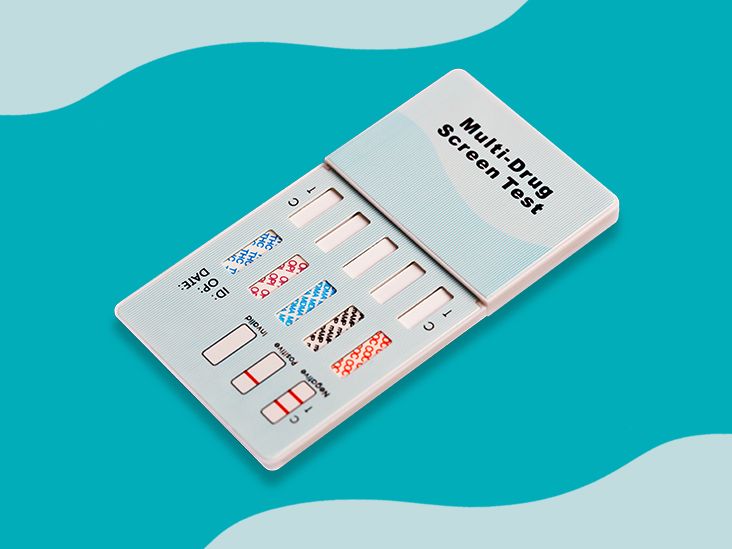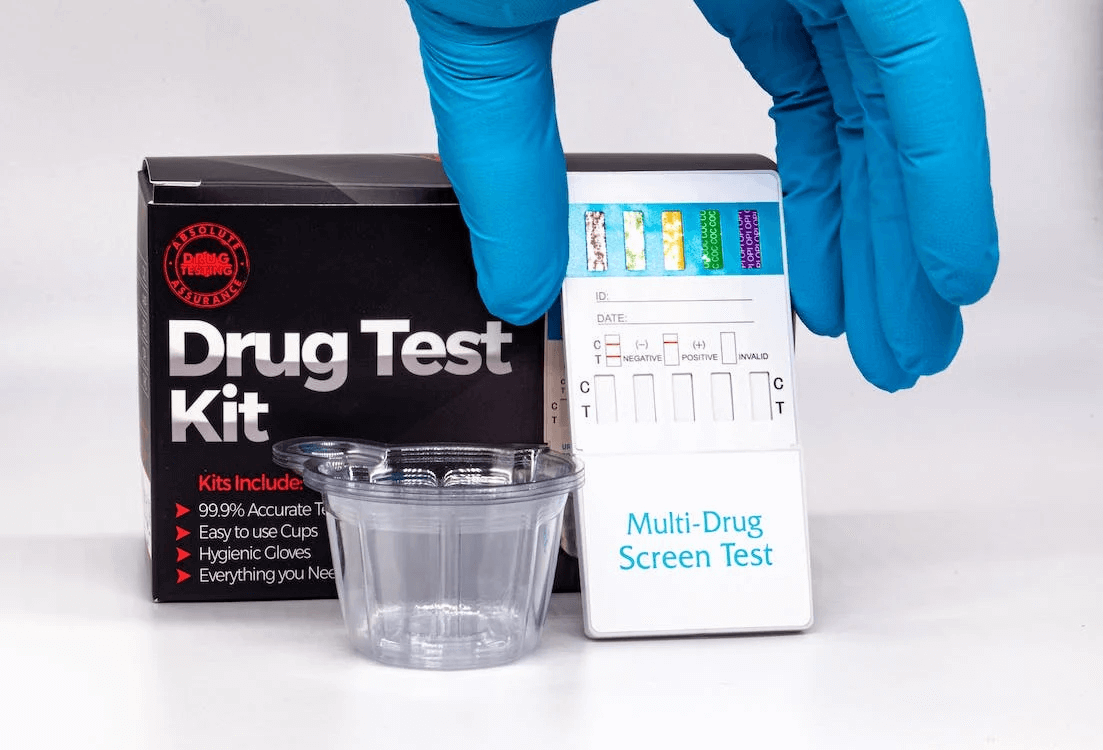Are At Home Drug Test Accurate

In an era defined by readily available self-testing kits for various health concerns, at-home drug tests have become increasingly popular, offering a seemingly convenient and private method for individuals to monitor substance use. However, the accuracy and reliability of these tests are frequently debated, raising concerns about their effectiveness and potential consequences.
Understanding the nuances of at-home drug tests is critical. This article delves into the accuracy of these tests, exploring factors that influence their reliability and examining their potential impact on individuals and society.
Understanding At-Home Drug Tests
At-home drug tests are designed to detect the presence of specific drugs or their metabolites in bodily fluids, primarily urine. These tests typically employ immunoassay technology, a method that uses antibodies to identify targeted substances.
A positive result indicates the presence of the drug above a predetermined threshold, while a negative result suggests the drug is either absent or below the detection limit. Cut-off levels are crucial as they determine the sensitivity of the test.
Factors Affecting Accuracy
Several factors can impact the accuracy of at-home drug tests, ranging from the quality of the test itself to user error. Understanding these factors is essential for interpreting results correctly.
Test Quality and Sensitivity: Not all at-home drug tests are created equal. Variations in manufacturing standards and assay sensitivity can lead to discrepancies in results. Some tests may be more sensitive to certain drugs than others.
Expiration Dates: Like all diagnostic tests, at-home drug tests have expiration dates. Using an expired test can compromise its accuracy, potentially leading to false negatives or false positives.
Following Instructions: Adhering to the manufacturer's instructions is paramount. Incorrect sample collection, storage, or test execution can invalidate results. Failing to follow the instructions carefully can significantly impact accuracy.
Cross-Reactivity: Certain medications or substances can cross-react with the test reagents, resulting in false positives. For example, some over-the-counter cold remedies can trigger a positive result for amphetamines.
Adulteration: Individuals may attempt to tamper with urine samples to mask drug use. Adding substances like bleach or water can alter the sample's composition and affect test results, potentially leading to false negatives.
Accuracy Rates and Limitations
While many at-home drug tests claim high accuracy rates, it's important to consider the limitations of these figures. Accuracy rates often reflect performance under ideal laboratory conditions, which may not always translate to real-world scenarios.
A study published by the National Institute on Drug Abuse (NIDA) found that the accuracy of at-home drug tests can vary widely, with some tests demonstrating relatively high rates of accuracy under controlled conditions, while others exhibit significant error rates. The study emphasizes the importance of considering the specific test used and the potential for user error.
It is crucial to acknowledge that at-home drug tests are primarily designed as screening tools and not definitive diagnostic tests. Positive results should always be confirmed with laboratory-based testing, such as gas chromatography-mass spectrometry (GC-MS), which offers greater accuracy and specificity.
Impact and Ethical Considerations
The increasing accessibility of at-home drug tests has several implications. From personal use for self-monitoring to parental use for monitoring teenagers, the tests have become a staple in many households.
Personal Use: Some individuals use at-home drug tests to monitor their own substance use, particularly when recovering from addiction or managing prescription medications.
Parental Use: Parents may use these tests to monitor their children for drug use, aiming to deter experimentation or identify potential problems early. However, this raises ethical concerns about privacy and trust.
Employment: Some employers may use at-home drug tests as part of their pre-employment screening or random drug testing programs. However, the legal admissibility of these tests can vary, and confirmation with laboratory testing is generally required.
The use of at-home drug tests also raises ethical considerations related to privacy, consent, and the potential for misuse. It's essential to respect individual autonomy and ensure that testing is conducted fairly and transparently.
"The convenience of at-home drug tests is undeniable, but users must understand their limitations," says Dr. Emily Carter, a toxicologist at the University of California, San Francisco. "These tests are screening tools, not definitive diagnoses. Positive results should always be confirmed with laboratory testing."
Conclusion
At-home drug tests offer a convenient and private way to screen for substance use, but their accuracy is subject to several factors. While some tests can provide reasonably accurate results when used correctly, their limitations must be acknowledged.
Users should be aware of potential sources of error, including test quality, expiration dates, user error, and cross-reactivity. Positive results should always be confirmed with laboratory-based testing.
Ultimately, at-home drug tests can be a useful tool when used responsibly and in conjunction with professional guidance. However, they should not be relied upon as definitive proof of drug use or abstinence. Understanding their limitations is key to making informed decisions based on test results.


















